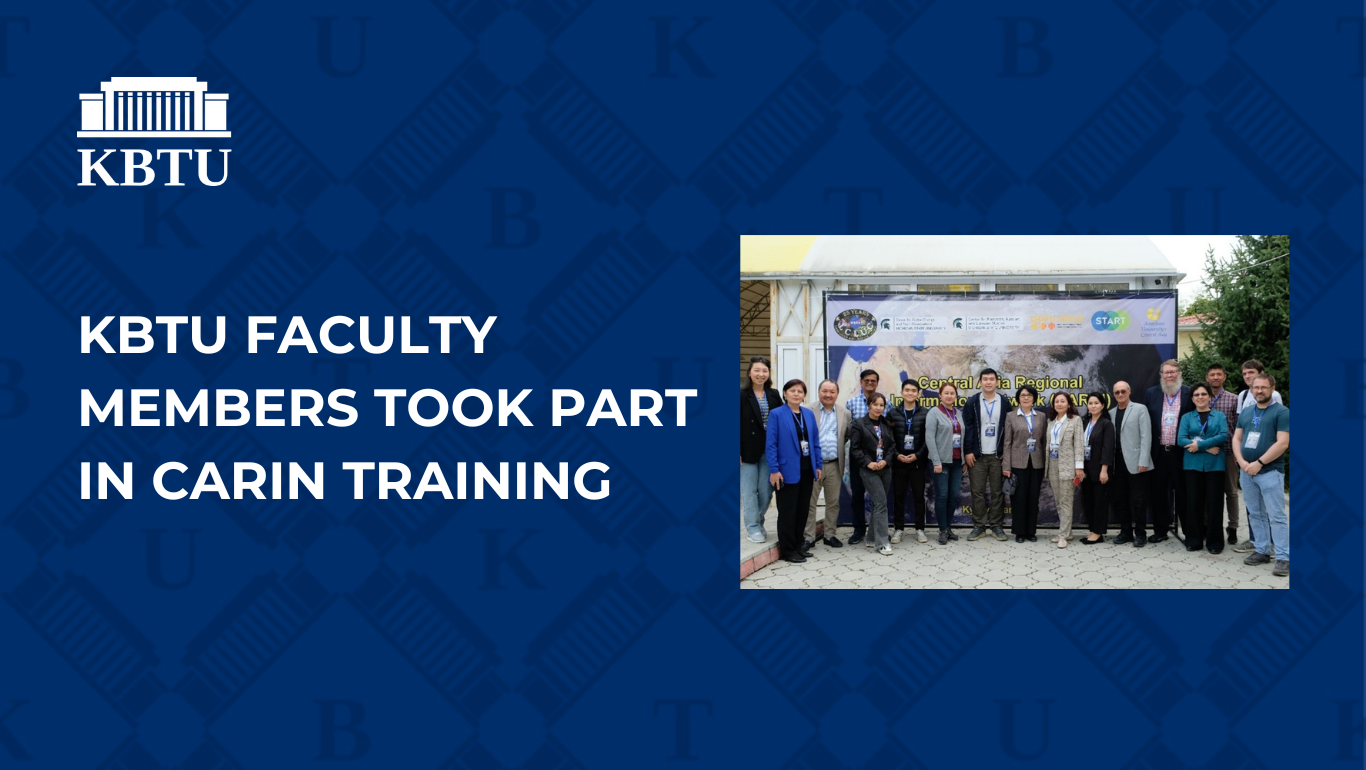From 11 to 16 September, the Central Asia Regional Information Network (CARIN) organized a training seminar and workshop for young scientists in Central Asia.
The Central Asia Regional Information Network (CARIN) is a member of the GOFC-GOLD (Global Observations of Forest Cover and Global Observations of Land Use Dynamics) network. CARIN has strong links with other GOFC-GOLD regional information networks such as SCERIN (and here), MEDRIN, CaucRIN and SARIN.
CARIN's thematic focus encompasses transdisciplinary research on land cover and land use change processes (LCLUC) and their implications for climate and society, human movement, agricultural system dynamics, forest functioning (including disturbance and fire), urbanization, biodiversity, ecosystems, carbon storage and flux dynamics, and water and ecosystem management.
CARIN's main objectives include:
Provide a platform for collaboration among geospatial information technology experts in the region;
Central Asia Regional Information Network (CARIN) program for young scientists - https://www.centralasiarin.net/2023-early-career - learning scientific, technical and professional skills, which was held on 11-13 September 2023.
The Early Career Scientists Program (ECS) began with a 2.5-day training at the American University in Central Asia (AUCA) in Bishkek, Kyrgyzstan: https://www.centralasiarin.net/2023carinworkshop.
Young scientists from Central Asia participated in the training:
Raushan Amanzholova - Kazakhstan (KBTU), Gulshaan Ergeshova - Kyrzyzstan, Damira Kaliyeva - Kazakhstan, Dildora Aralova - Uzbekistan, Ganzorig Ulgiichimeg - Mongolia, Kanat Zulpykharov - Kazakhstan, Azamat Kairat - Kazakhstan, Baktybek Duisebek - Kazakhstan (KBTU).
The CARIN regional workshop in Cholpon-Ata on the north shore of Issyk-Kul from September 13 to 16 was attended by professors:
1. NASA LCLUC Program Officer Dr. Garik Gutman
2. GOFC-GOLD Network Liaison Dr. Krishna Vadrevu
3. Dr. Gabriel Senay, United State Geological Survey (USGS)/Earth Resources Observations and Science Center (EROS), US: Operational Remote Sensing of Evapotranspiration for Central Asia
4. Prof. Dr. Vadim Yapiyev, Nazarbayev University, KZ: Mountain Block and Front Recharge to the Aquifers in Sedimentary Basins in Kazakhstan: Evidence from Geothermal Studies and Water Isotopes
5. Dr. Alexey Terekhov, Institute of Information and Computational Technologies, KZ: Principles of Processing Large Time Series of Satellite Scenes in the Problem of Assessing the Vegetation Cover of Southern Kazakhstan
6. Prof. Dr. Ranjeet John, University of South Dakota, US [recorded]: Fine Scale Changes in Ecosystem Structure and Function across Precipitation and Grazing Gradients
7. Dr. Qiongyu Huang, Smithsonian Institution, US: Conservation in the Mongolian Grasslands: Untangling the Relationships between Wildlife, Vegetation, and Herding Families
8. Dr. Munavar Zhumanova, Michigan State University, US: The Responses of Mountain Vegetation to Management and Environmental Changes: Degradation Dynamics or Transitional States?
9. Dr. Lira Sagynbekova, Independent Scholar, KG: The Impact of Climate Change Induced and Environmental Challenges on Migration Dynamics in Kyrgyzstan (20m)
10. Dr. Miyasar Zhumanova, Institute of General and Inorganic Chemistry, UZ: Uzbekistan: Soil Condition, Problems, and Solutions
The workshop included discussions and teamwork. In addition to training, each participant was provided with instructions and data for independent improvement of skills in GIS applications.
At the end of the training all participants were awarded certificates. An important feature of this event is the development of further cooperation between young surveyors, exchange of experience and knowledge. Within the framework of this program it is also planned to hold online meetings on writing scientific articles, in autumn 2023 and spring 2024
KBTU FACULTY MEMBERS TOOK PART IN CARIN TRAINING



